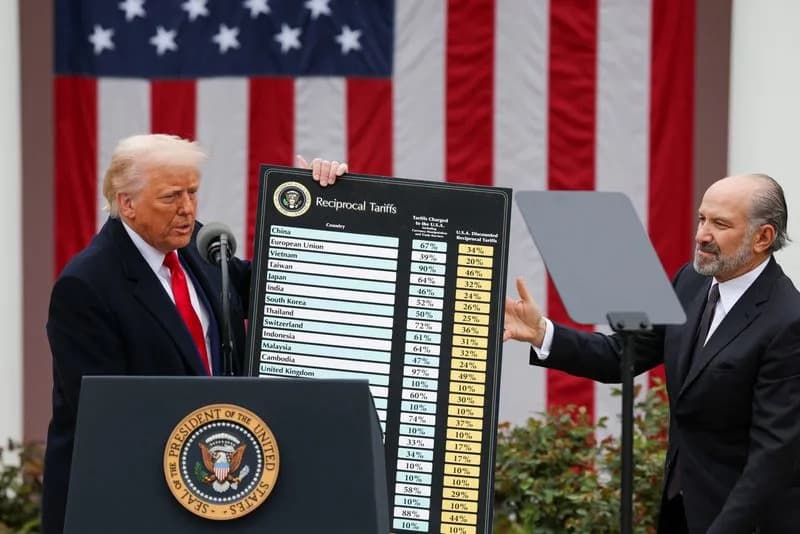PHILADELPHIA — What began as a routine U.S. Commerce Department antidumping review has escalated into a dispute with potentially hefty consequences for Italian pasta makers and American shoppers. A preliminary Commerce estimate of a 92% antidumping duty on certain Italian exporters, combined with an existing roughly 15% tariff on some European goods, could amount to a combined charge of about 107% on affected pasta imports.
How the dispute unfolded
The inquiry was launched after complaints from U.S. companies including Missouri-based 8th Avenue Food & Provisions (owner of Ronzoni) and Illinois-based Winland Foods (brands include Prince, Mueller’s and Wacky Mac). Commerce selected La Molisana and Garofalo as primary respondents — two of Italy’s largest pasta exporters — and said their responses contained errors or omissions that materially impeded the agency’s analysis. Based on those alleged deficiencies, Commerce produced the 92% preliminary rate and applied it to 11 additional firms, bringing the total potentially affected producers to 13.
What’s at stake
Italy exports roughly €4 billion (about $4.65 billion) in pasta annually; the United States accounts for roughly 15% of that market, according to farmers’ association Coldiretti. Italian industry leaders, government officials and EU trade authorities warn that a 107% combined levy would more than double retail prices in the U.S. for some brands and could be ruinous for many small and medium-sized exporters.
“A duty rate of 107% would definitely kill this flow of export,” said Lucio Miranda, president of consultancy Export USA. “It will definitely be a deal killer.”
Reactions from Italy and the U.S.
Rome has mobilized diplomatically. Agriculture Minister Francesco Lollobrigida said the Italian government is coordinating with the European Commission and supporting legal challenges by affected companies. EU Trade Commissioner Maros Sefcovic called the combined levy “unacceptable” and said the evidence supporting the U.S. move was weak.
White House spokesperson Kush Desai defended Commerce’s approach in an emailed response to the AP, saying the agency repeatedly asked the companies to correct their submissions and the firms failed to do so.
Industry perspectives and practical effects
Small importers and specialty retailers in the U.S. fear a loss of authentic Italian product or sharply higher prices. Sal Auriemma, owner of Claudio Specialty Food in Philadelphia’s Italian Market, called pasta “basic food” and said it should be off-limits to such heavy duties. Cosimo Rummo, CEO of Pasta Rummo in Benevento, warned the duty would devastate his roughly €20 million in annual U.S. sales and dismissed the idea of relocating production to the U.S.
Some large pasta companies, like Barilla, already manufacture in the United States and would not be affected by duties on imports. Commerce also said only about 16% of total Italian pasta imports to the U.S. might be affected by this action, and that duties would apply retroactively to imports over the 12 months through June 2024. The agency’s final determination is scheduled for Jan. 2 and could be extended by up to 60 days.
Importers’ short-term relief
Some U.S. suppliers report enough warehouse stock to blunt immediate price shocks; one importer said inventory could keep retail prices stable until Easter. Still, retailers who specialize in premium imported products worry that U.S.-made pasta substitutes do not match the flavor and provenance of products sourced from Italy.
Bottom line: If upheld, the combined duties would sharply raise costs for certain Italian pasta brands in the U.S., threaten exports for some producers, and prompt diplomatic and legal pushback by Italy and the EU.
Reporting contributions from Rome and Washington; Associated Press videojournalists contributed footage and interviews.

























